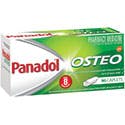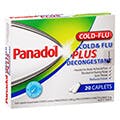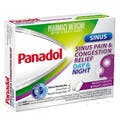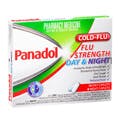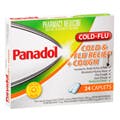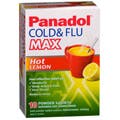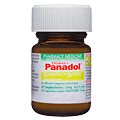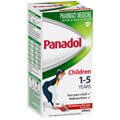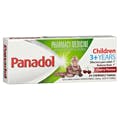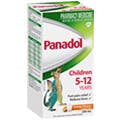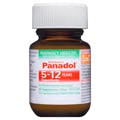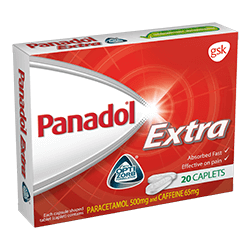
Muscle Pain
There are more than 600 muscles in your body, so it's little wonder one or more can play up from time to time. The ones that can become stiff and achy are called the skeletal muscles, as they are attached to your bones and are the muscles that support your body and allow you to move.
Below you can read about what causes muscular aches, and how to manage muscle pain.
Why Muscles Ache And Treatment
It’s generally easy to recognise the intense muscle pain that occurs immediately following an injury such as a strain. You are aware of a mishap, and the pain may be accompanied by swelling and restricted movement. Sometimes, however, your muscles may ache without an obvious cause.
Aching muscles can occur for a number of reasons, from tension to poor posture when absorbed in your mobile phone or tablet. Back muscle pain is one of the most common, and can result from picking up heavy objects using bad technique.
What are the symptoms of muscle aches?
Symptoms range from mild muscle aches to shooting or stabbing pain ('muscle spasms').
If you have sore muscles, you may also experience:
- Tight or stiff muscles
- A dull ache from the area affected
- Stronger or sharper pain when the muscle is stretched

What causes things like sore back muscles?
Causes of muscle aches and pains may be caused by:
- Overusing particular muscles that are not accustomed to the activity
- Stress or worry (which can make you tense up, causing tight muscles)
- Bad posture (at your desk, watching TV etc.) placing stress on your spine and overloading surrounding muscles (which is a common cause of neck, shoulder, upper back and lower back pain)
- Viral illness (such as the common cold and flu, when body’s immune response to the virus also causes muscle aches)
How long do muscle aches and pains last?
This can vary depending on the cause. Muscle aches with viral infections can last for one to several days. Overworked muscles are usually most sore 2–3 days after activity, and then subside completely over the next few days. Tense muscles can be sore until the affected muscles are fully relaxed.
You should go to your doctor if your pain is severe, if you have pain without a known cause or it persists after three days.

How can I relieve muscle aches?
Try using a pain-relieving medicine such as Panadol Extra.
Muscle pain from tension or illness may be relieved by:
- Massage
- Practising relaxation techniques
- Soaking in a warm (not hot) bath
- Applying a heat pack over the tender area
Muscle aches may also be helped by slow stretching and gentle exercise.
How can I stop muscle aches happening in the first place?
Here are some simple things you can do to help avoid getting sore muscles:
- Before doing anything strenuous, warm up your muscles with gentle exercise
- Get adequate sleep, in a comfortable position using a pillow that doesn't strain your neck
- Practise good posture sitting up straight, particularly when watching TV, using your mobile or tablet, or sitting at a desk
- Take breaks once an hour to move around and stretch when working
- Try to reduce stress and be conscious of when you may be tensing your muscles











